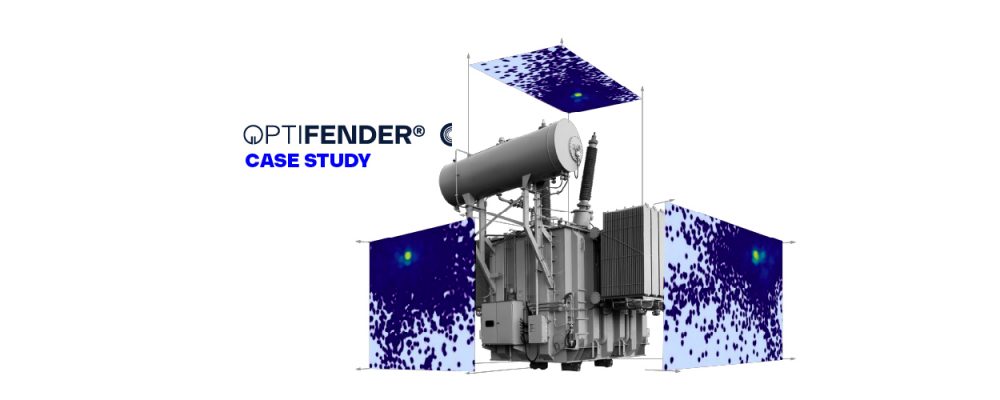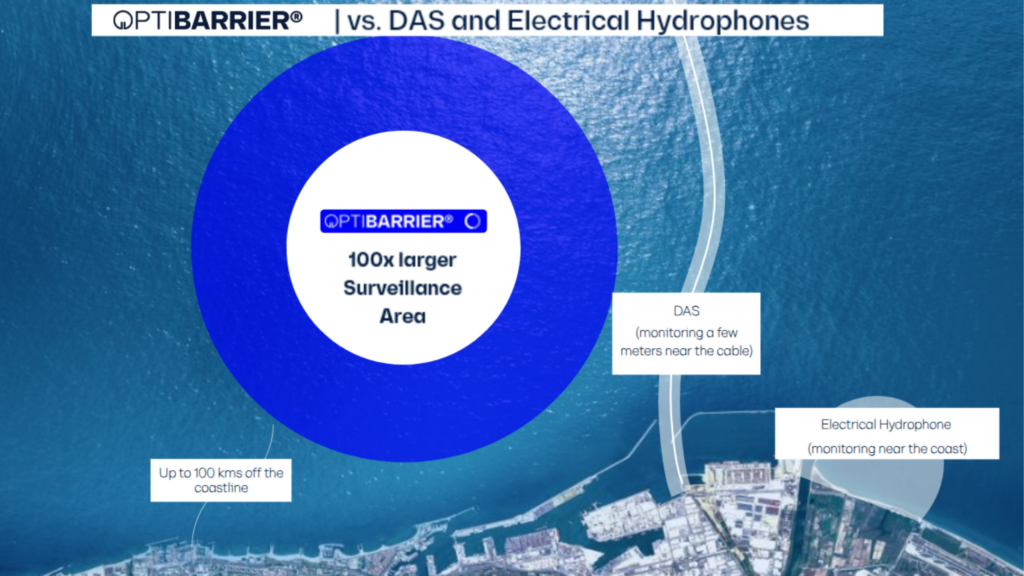The Evolution of Monitoring High Voltage Transformers
High voltage (HV) transformers are the backbone of modern electrical grids, serving as crucial junctions in the distribution of power. However, they are not without their issues; partial discharge (PD) is a common problem that can lead to significant damage if not detected and addressed promptly. The challenge for any Transmission System Operator (TSO) is not only to detect PD but also to accurately locate it within the transformer—a task that traditional PD sensing solutions have struggled with.
The Limitations of Traditional PD Sensing Solutions
Conventional PD sensors, which rely on electromagnetic wave detection, are significantly affected by electromagnetic interference (EMI) from substations, compromising their ability to pinpoint the source of PD. Even non-conventional piezo-based PD sensing systems, offered by competitors, fall short due to either offering only a few simultaneous measurement channels, or lacking the necessary localization precision, or a combination of both, leaving asset owners with unreliable feedback.
These shortcomings have historically limited the use of existing PD systems for permanent monitoring, especially when the PD source within a transformer remains unidentified.
Introducing the OptiFender System: A Leap Forward in PD Monitoring
The OptiFender system represents a significant leap forward, overcoming the limitations of existing technologies. With up to 32 simultaneous channels for a transformer and passive high-sensitivity fiber-optic sensors, the OptiFender system stands out for its immunity to EMI and its ability to localize PD with centimeter-level accuracy. The system’s passive sensors are uniquely suited for both long-term monitoring and short-term diagnostic projects.
Case Study: Real-World Application of the OptiFender System
In the summer of 2023, the OptiFender technology was put to the test at a TSO’s substation. Two systems were set up to monitor PD activity on two transformers—one known to have internal PD issues and the other serving as a reference. The faulty transformer was equipped with 24 active sensors, while the healthy one had 8.

The setup process was comprehensive yet efficient, spanning over four days to install sensors on both transformers, lay fiber optic cables, and establish connections. For the following 40 days, the system performed flawlessly under outdoor conditions, continuously collecting and processing data. After this period, the system was decommissioned, and an extensive report was generated detailing PD activity and locations.
Transformative Results

The results were significant. The OptiFender system not only detected PD during the transformer’s operation but also precisely located the PD within the faulty transformer. It also detected and localized PD activity in the “healthy” transformer, revealing issues that were not previously apparent.
The findings were presented to technical experts and strategic decision-makers at the TSO in December 2023. The feedback was constructive, providing valuable insights into the future operation of both transformers. The PD source was identified in a non-critical section, allowing for the transformer’s continued operation with monitoring recommended due to the potential progression of the defect.
Looking Ahead: A New Standard in Transformer Monitoring
Encouraged by the success of the OptiFender system, the TSO is now contemplating its implementation on additional transformers. The system’s potential as both a short-term service for detecting and localizing PD and as a long-term monitoring solution for critical transformers holds promise for revolutionizing the way we maintain and operate HV transformers.
In summary, the OptiFender system has set a new standard in transformer monitoring, providing a robust solution to a long-standing challenge in the energy sector. As we continue to witness the deployment of this innovative technology, the future of HV transformer reliability and maintenance looks brighter than ever.










